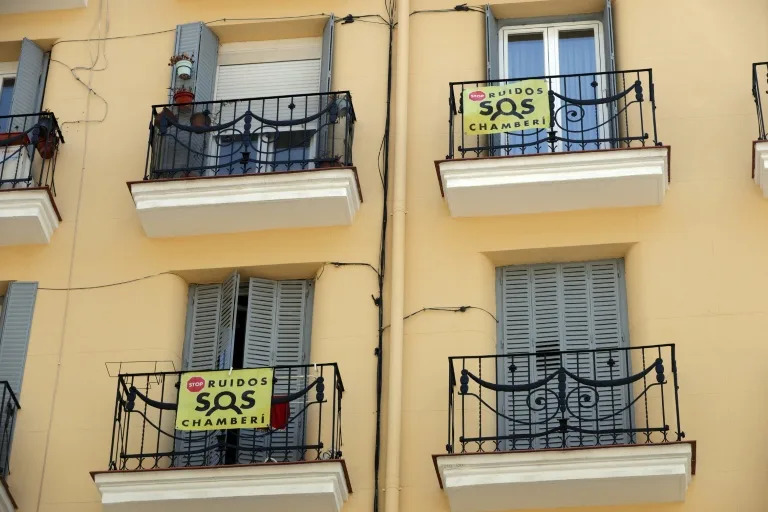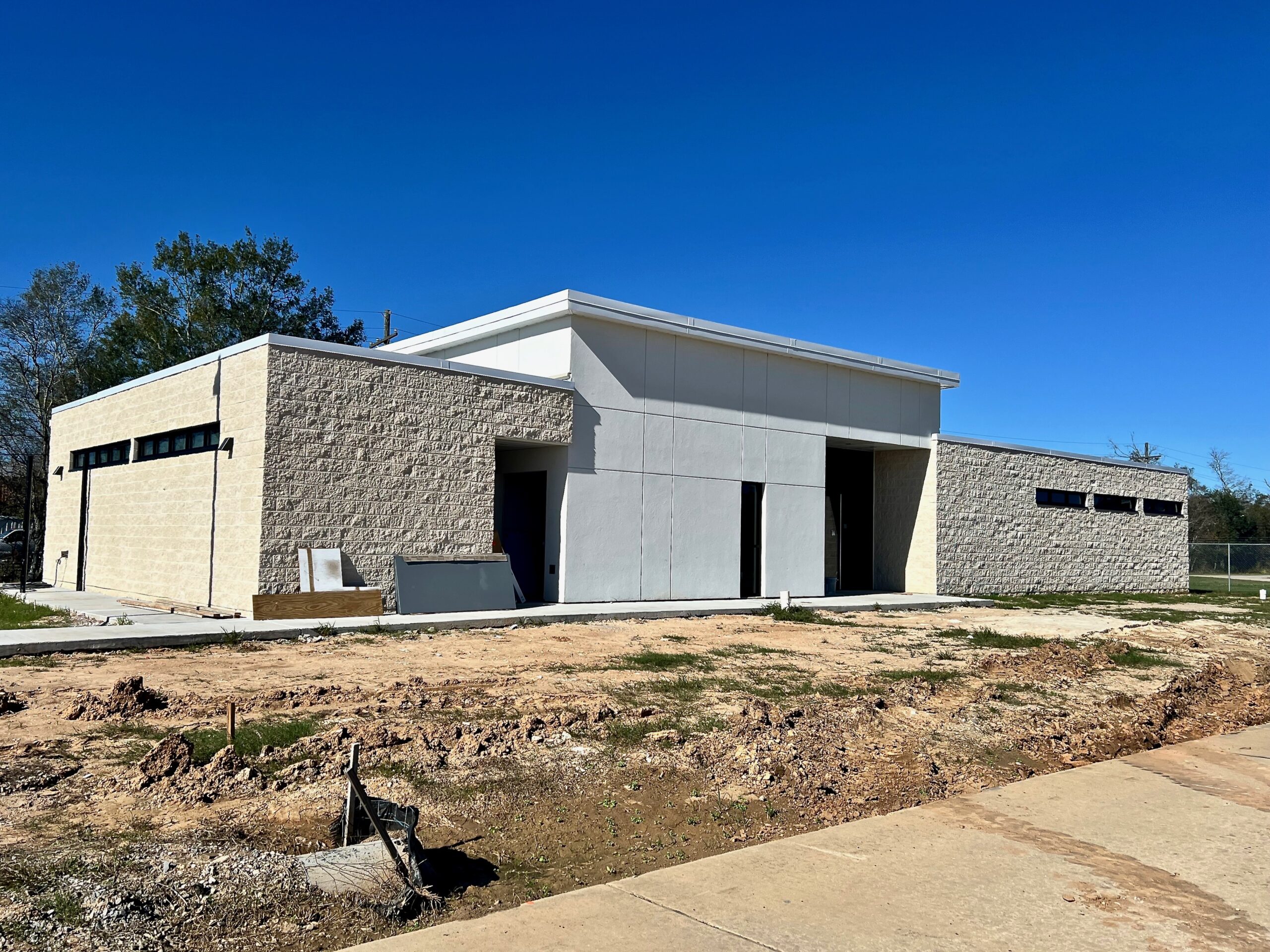
Residents of Spain are increasingly expressing frustration over noise disturbances in vibrant cities known for their lively nightlife and festivals. From crowded tapas bars to bustling street festivities, the sound levels have become a significant source of discontent, prompting local communities to take action against the cacophony. Spanish writer Ignacio Peyro recently highlighted this issue in an article for the daily newspaper El País, noting, “The only thing that makes us different from other countries is that we are noisier.”
As the summer heat drives people outdoors for celebrations, cities like Madrid, Barcelona, and Valencia experience heightened noise levels. Residents in historic neighborhoods often find it challenging to get a restful night’s sleep, particularly in homes lacking air conditioning. For instance, Toni Fernandez, a 58-year-old hairdresser living in the party-heavy district of Chueca in Madrid, has been grappling with the noise from a nearby bar for 15 years. “If you sleep light, it’s impossible,” he told AFP, expressing a desire to relocate soon.
Many locals feel that the Spanish culture tolerates excessive noise, in stark contrast to neighboring countries such as Portugal, where social interactions tend to be quieter. Fernandez noted, “I myself realize I speak loudly” when visiting Portugal, indicating a broader cultural awareness of noise levels.
Rising Concerns About Noise Pollution
The issue has gained traction, with advocacy groups like Jurists Against Noise leading the charge for change. The group’s president, Yomara Garcia, emphasized that those who raise concerns about noise are often labeled as “whingers, anti-social, hypersensitive.” Garcia argued that the right to personal privacy and a peaceful home environment should take precedence over the perceived right to leisure, which she described as “not a fundamental right.”
Legal actions regarding noise levels are expanding beyond bars and restaurants. Complaints have led to the suspension of concerts at Real Madrid’s famed Bernabéu stadium and have even reached the regional parliament of Catalonia, which exempted school playgrounds from noise regulations. This growing movement reflects a shift in public sentiment, as residents seek to reclaim their right to a quiet environment.
Seeking Solace in a Noisy World
In response to the increasing demand for quiet spaces, Madrid has established the Silence Centre, operated by the Dominican Catholic order. Opened in 2011, the centre offers a tranquil retreat for around 50 users each week amidst the city’s hustle and bustle. Its director, Elena Hernandez Martin, noted a rising interest in spaces dedicated to silence and meditation.
Educators like Ana Cristina Ripoll, who find refuge at the Silence Centre, believe that awareness of noise pollution remains limited in Spain. “I don’t think there’s any awareness,” she remarked, recalling instances where commuters reacted negatively when she requested they lower the volume of music playing on their mobile phones. Some individuals dismissed her concerns with the phrase, “This is Spain,” further highlighting the cultural acceptance of loud environments.
As the dialogue around noise continues to evolve, it remains to be seen how Spain will balance its vibrant social culture with the growing demand for quieter living conditions. The movement against noise pollution underscores a significant change in public consciousness, aiming to ensure that residents can enjoy their homes without the constant din of celebrations and gatherings.






